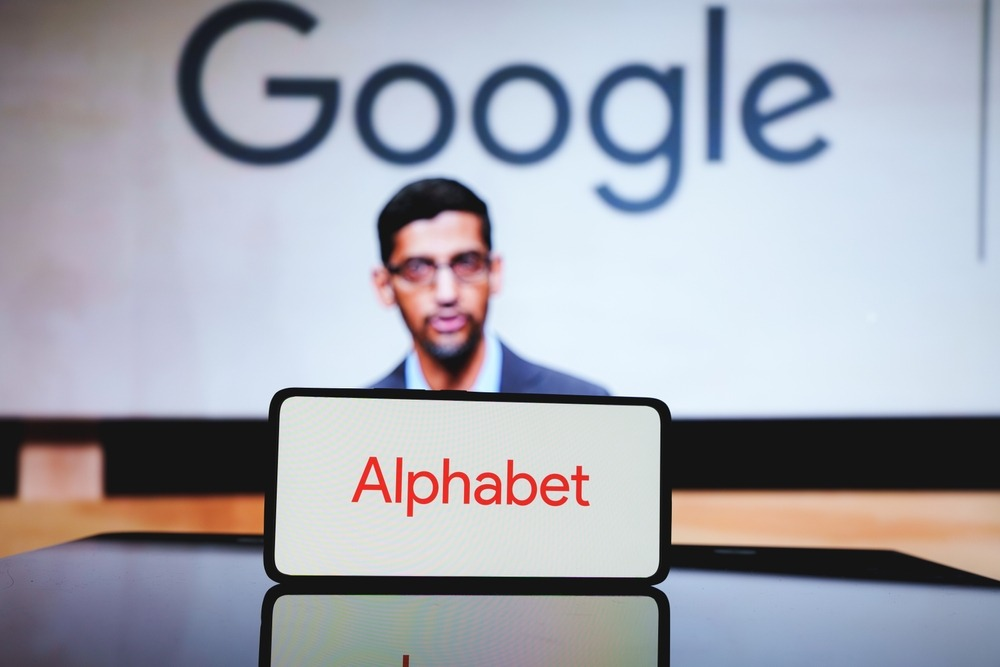Bill Gates’s Unprecedented Philanthropic Gesture: Donating $107 Billion
In a groundbreaking development reshaping the landscape of philanthropy, Bill Gates has committed an astounding 99% of his $107 billion fortune to the Bill & Melinda Gates Foundation. This major financial infusion will accelerate the foundation’s charitable activities, which will now conclude by the year 2045, two decades sooner than originally anticipated.
Significance of Gates’ Mega-Donation
“It’s quite exhilarating to allocate such a substantial amount to these vital causes,” Gates remarked in an interview with the Associated Press. This historic donation places him among the echelons of transformative philanthropists like John D. Rockefeller and Andrew Carnegie but surpasses them in modern value. Presently, only Warren Buffett’s ongoing pledge, valued at $160 billion, eclipses Gates’ contribution, subject to market changes.
The Gates Foundation is set to strategically disburse approximately $200 billion over the next 20 years, focusing on critical global issues such as health disparities and educational inequities primarily in the United States.
Gates articulated the strategic timing of this philanthropic approach: “The 20-year timeframe strikes a perfect balance between maximizing our contributions to these challenges and providing ample notice about the eventual cessation of the funds.” His approach underscores a commitment to making a significant and immediate global impact.
The Legacy and Future of the Gates Foundation
Since its inception in 2000 by Bill and Melinda French Gates, the Gates Foundation has emerged as a formidable force in global health and development, contributing over $100 billion in 25 years. It has been instrumental in forming health policies, fueling scientific research, and fostering partnerships that have reduced the cost of essential medications in lower-income nations.
Gates reflects on the foundation’s impact: “The work of the foundation exceeded my expectations significantly, marking it as my second, final career.”
About 41% of the foundation’s resources have historically come from Warren Buffett, supplemented by Gates’ Microsoft-derived wealth. Initiatives like the Vaccine Alliance Gavi, have drastically reduced childhood mortality rates from preventable diseases by nearly 50% from 2000 to 2020, per United Nations data.
With its impending closure, the foundation’s current CEO, Mark Suzman, stresses the importance of focused philanthropy: “This broad time horizon and significant resources heighten our responsibility to ensure our investments are directed towards the most impactful initiatives, rather than being spread too thinly.”
Despite narrowing its scope, the foundation is committed to an annual budget of $9 billion, significantly shaping its strategic operations amid global challenges.
Philanthropy Amid Global Scrutiny
The Gates Foundation’s influence on public policy has stirred significant dialogue around the role of private wealth in public domains. Gates defends his position, stating his capability and willingness to make a difference, inviting critique but staying focused on global health advancements.
He highlighted the importance of continued investment in global health: “It’s tragic if we cannot deliver low-cost solutions to everyone in need. Thus, renewing commitments from the affluent to assist those most in need is crucial.”
The announcement also signifies a pivotal personal shift for Gates, following his 2021 divorce from Melinda French Gates and her subsequent departure in 2024 to lead Pivotal Ventures. Despite these changes, the foundation’s mission remains steadfast under Gates’ guidance as he approaches his 70s.
As the foundation gears up for its final two decades, its strategy sets a profound example of how concentrated philanthropy can yield transformative societal benefits. Gates concludes, recognizing the ongoing need for generosity in global health and expressing hope for its revitalization in the coming years.


